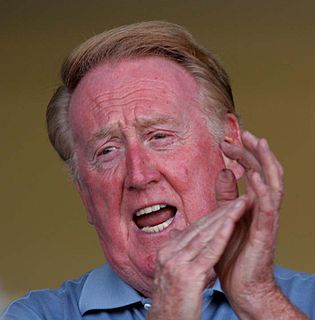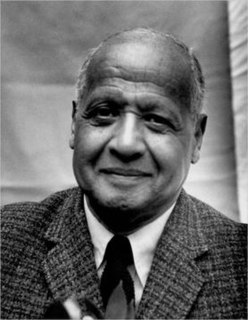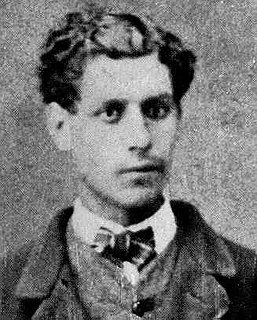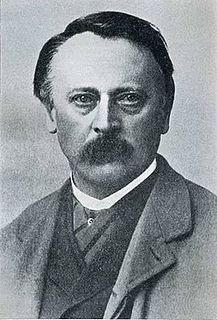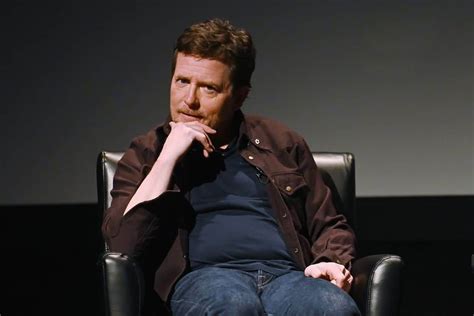A Quote by Vin Scully
A man really determines himself by what he does.
Quote Topics
Related Quotes
The Great Man's sincerity is of the kind he cannot speak of, is not conscious of: nay, I suppose, he is conscious rather of insincerity; for what man can walk accurately by the law of truth for one day? No, the Great Man does not boast himself sincere, far from that; perhaps does not ask himself if he is so: I would say rather, his sincerity does not depend on himself; he cannot help being sincere!
As Lucretius says: 'Thus ever from himself doth each man flee.' But what does he gain if he does not escape from himself? He ever follows himself and weighs upon himself as his own most burdensome companion. And so we ought to understand that what we struggle with is the fault, not of the places, but of ourselves
Whether he sleeps or wakes,--whether he runs or walks,--whether he uses a microscope or a telescope, or his naked eye,--a man never discovers anything, never overtakes anything, or leaves anything behind, but himself. Whatever he says or does, he merely reports himself. If he is in love, he loves; if he is in heaven, he enjoys; if he is in hell, he suffers. It is his condition that determines his locality.
